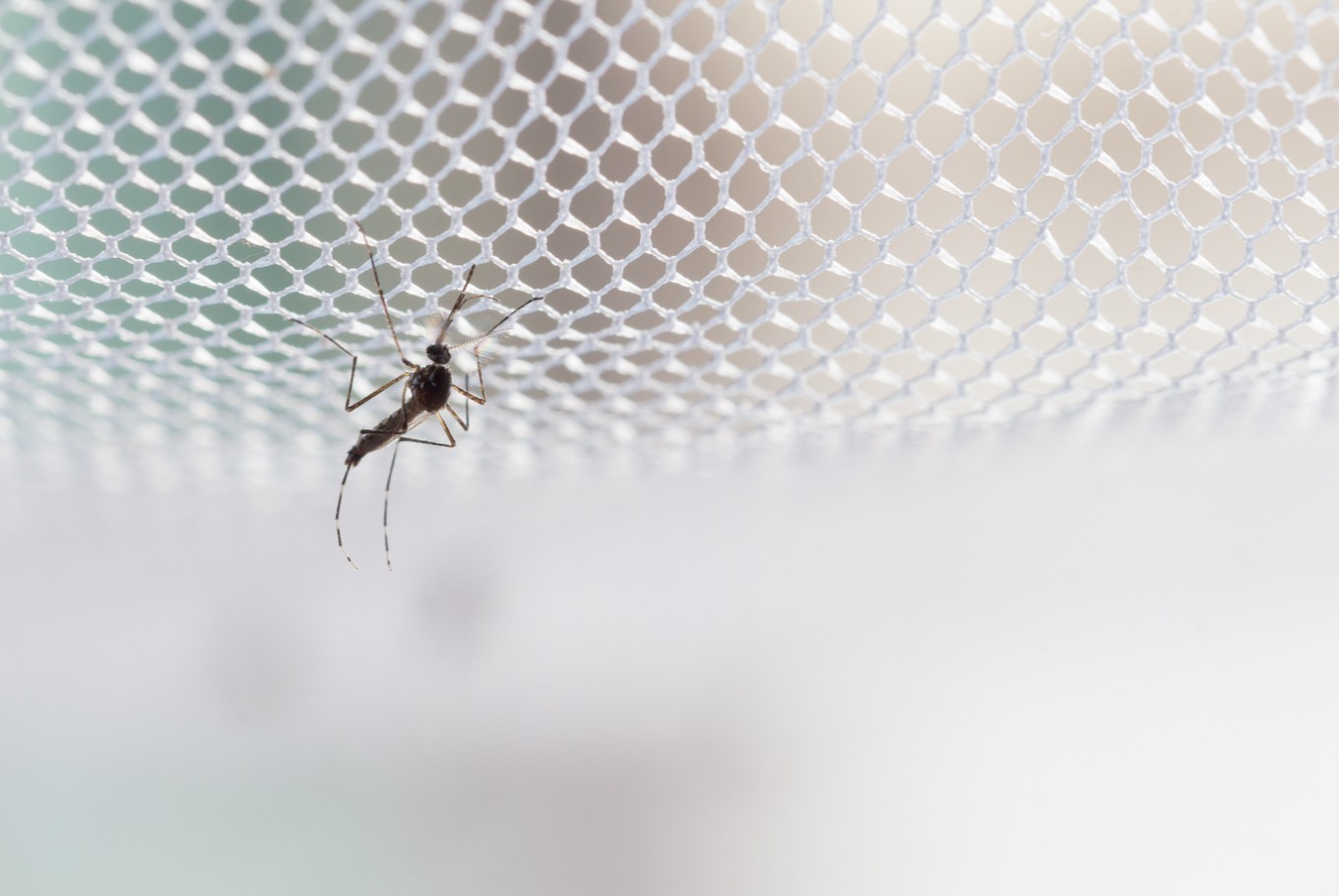Popular Reads
Top Results
Can't find what you're looking for?
View all search resultsPopular Reads
Top Results
Can't find what you're looking for?
View all search resultsYogyakarta dengue fever study offers hope in disease battle
Results of the three-year study, published in the New England Journal of Medicine this week, found that infecting dengue-carrying mosquitoes with a harmless bacteria called Wolbachia led to a 77 percent drop in human cases.
Change text size
Gift Premium Articles
to Anyone
D
engue fever infections dropped dramatically in an Indonesian study where a bacteria was introduced into disease-carrying mosquitoes, offering hope in the battle against an illness that sickens millions annually around the world.
Results of the three-year study, published in the New England Journal of Medicine this week, found that infecting dengue-carrying mosquitoes with a harmless bacteria called Wolbachia led to a 77 percent drop in human cases.
Infections requiring hospitalisation also fell by 86 percent in Wolbachia-treated areas of Yogyakarta, where the experiment was conducted, researchers said.
The study was conducted by the World Mosquito Program at Monash University in Australia and Gadjah Mada University.
"The 77 percent figure is honestly quite fantastic for a transmittable disease and we're very grateful with the result," said Adi Utarini, a public-health researcher from Gadjah Mada University who was a co-lead on the study.
The trial involved releasing Wolbachia into the mosquito population across specific parts of Yogyakarta to measure how it impacted the incidence of infections among three- to 45-year-olds.
It has now been expanded to other parts of the city.
Wolbachia suppresses the ability of the virus to replicate in dengue-carrying Aedes aegypti mosquitoes and cause infections when they bite humans.
Previous trials involving Wolbachia -- commonly found in fruit flies and other insects -- also showed positive results in reducing dengue cases, researchers said.
Scientists hope the method could be a game-changer in a global battle against the disease, which can sometimes be fatal.
Symptoms typically include body aches, fever and nausea.
"This is the result we've been waiting for," said World Mosquito Program director Scott O'Neill.
"We have evidence our Wolbachia method is safe, sustainable and dramatically reduces incidence of dengue.
"It gives us great confidence in the positive impact this method will have worldwide when provided to communities at risk of these mosquito-transmitted diseases," he added.
Dengue is the most rapidly spreading mosquito-borne disease in the world with more than 50 million cases globally every year, including about eight million in Indonesia.
Studies have also shown the Wolbachia method can be effective in preventing the transmission of Zika, chikungunya, yellow fever and other mosquito-borne illnesses, researchers said.











